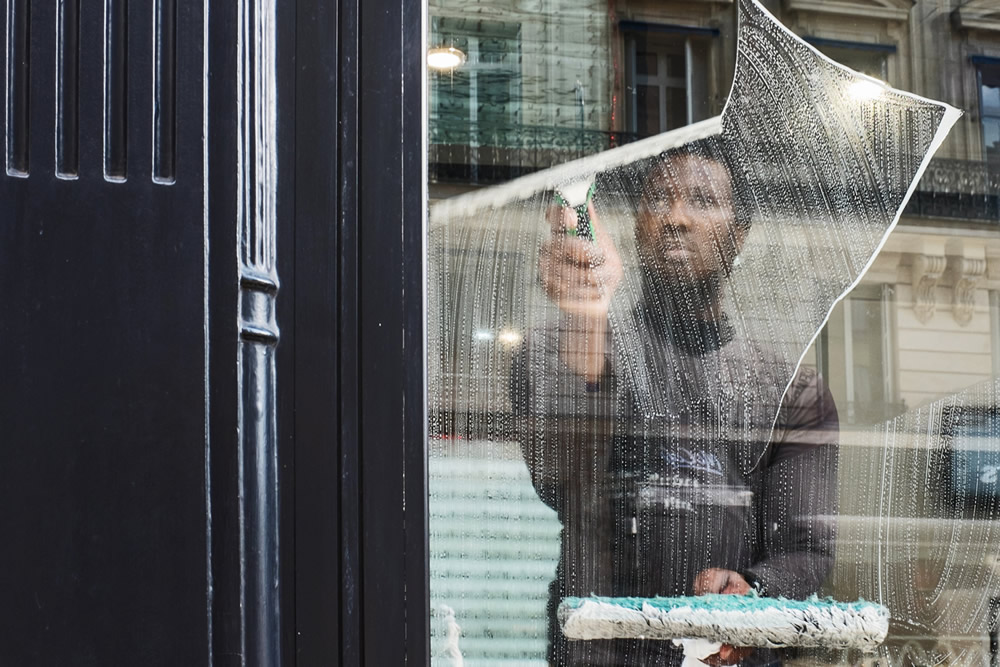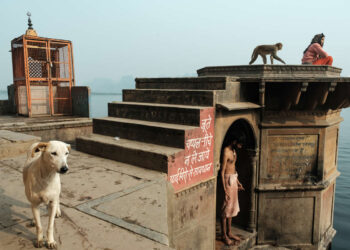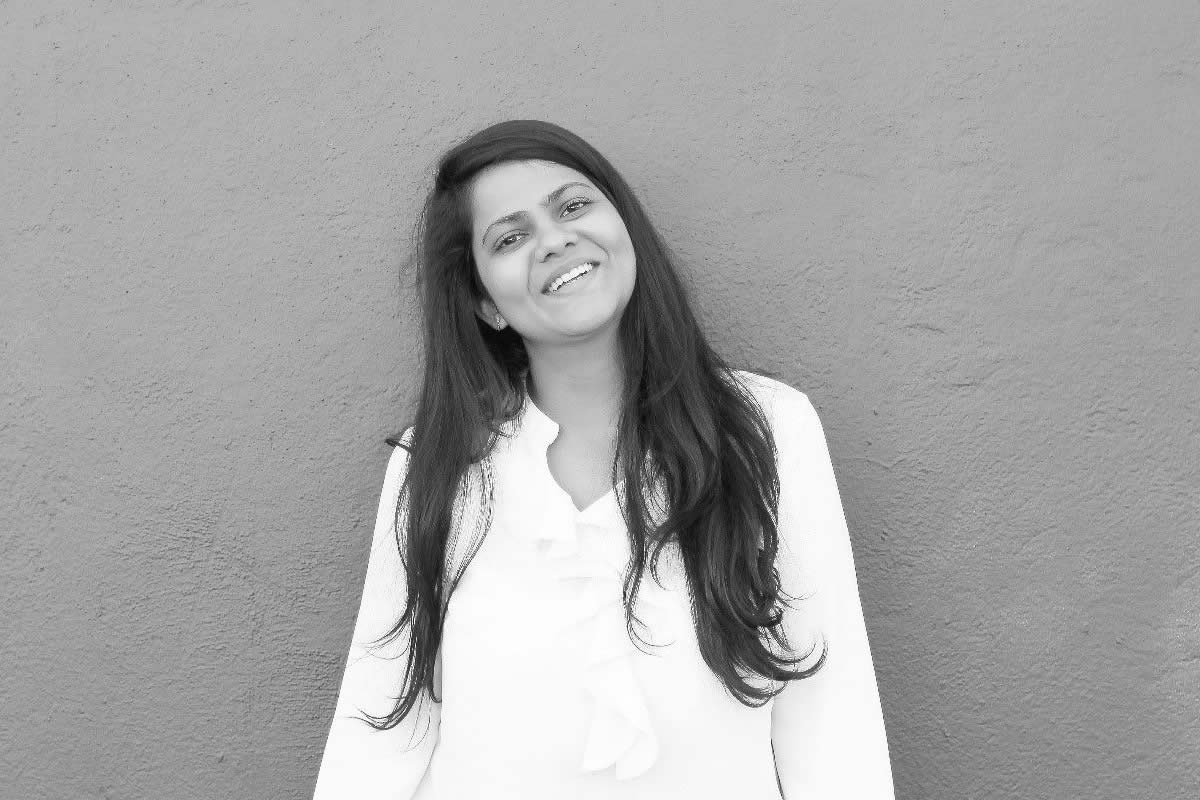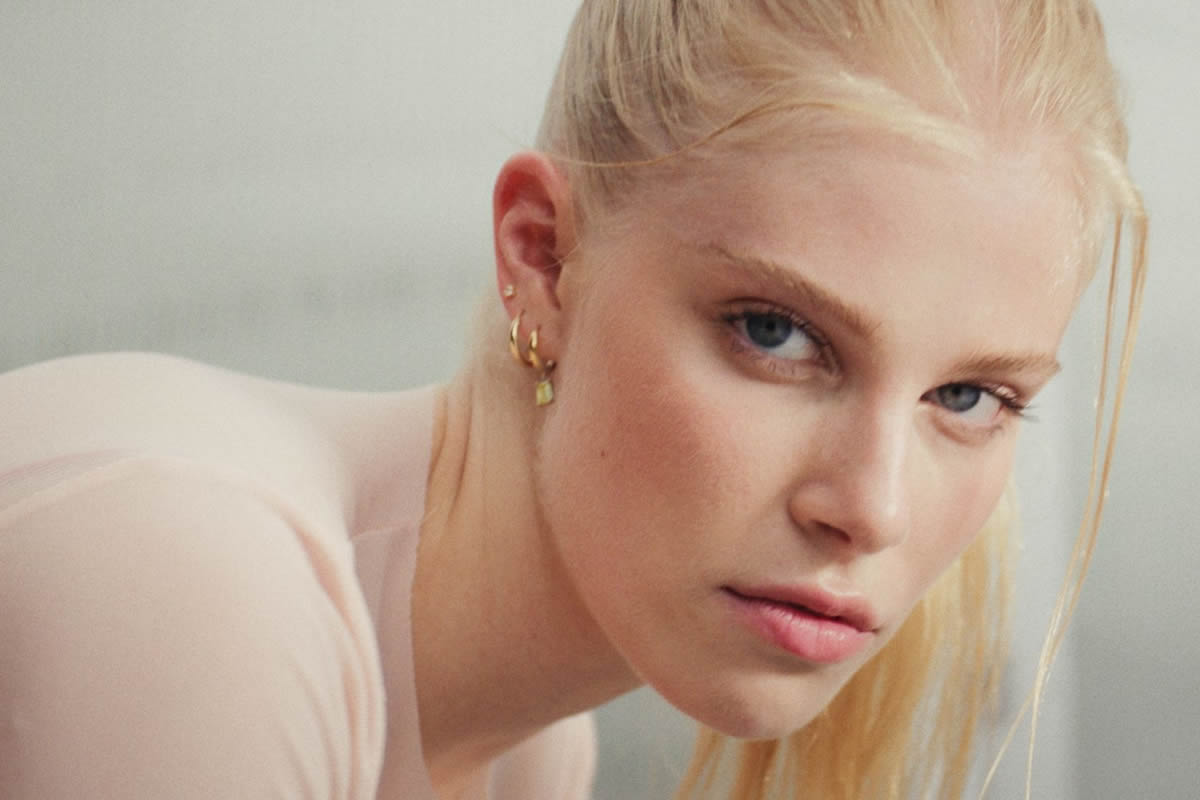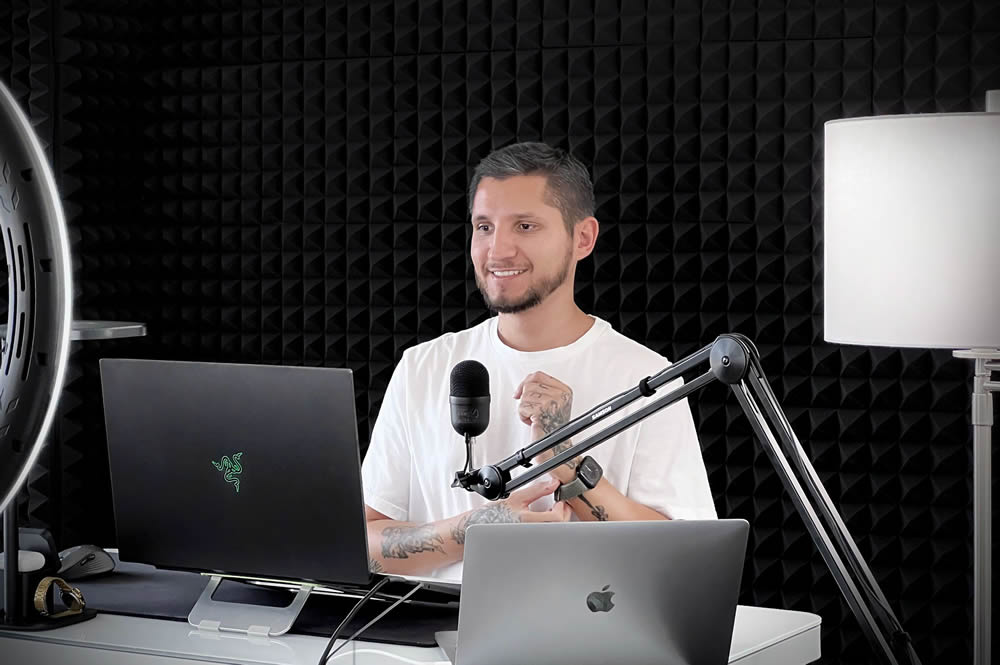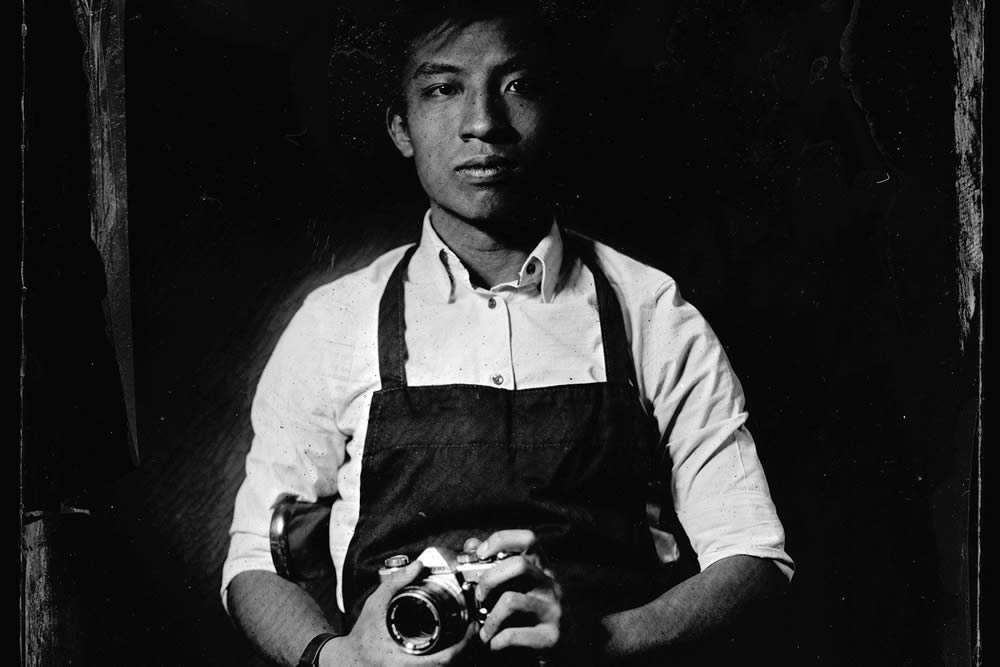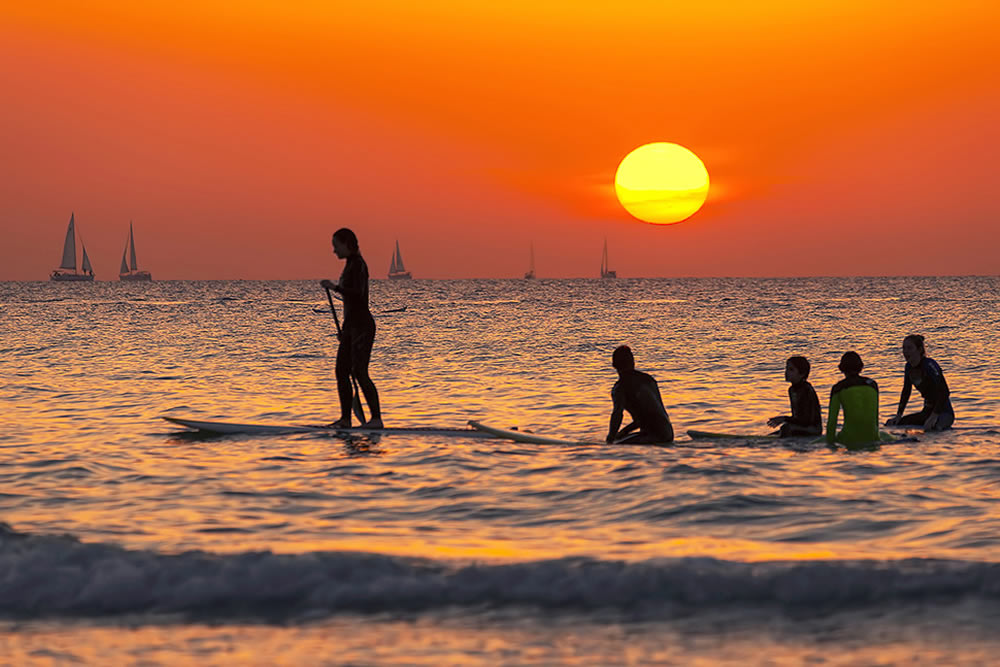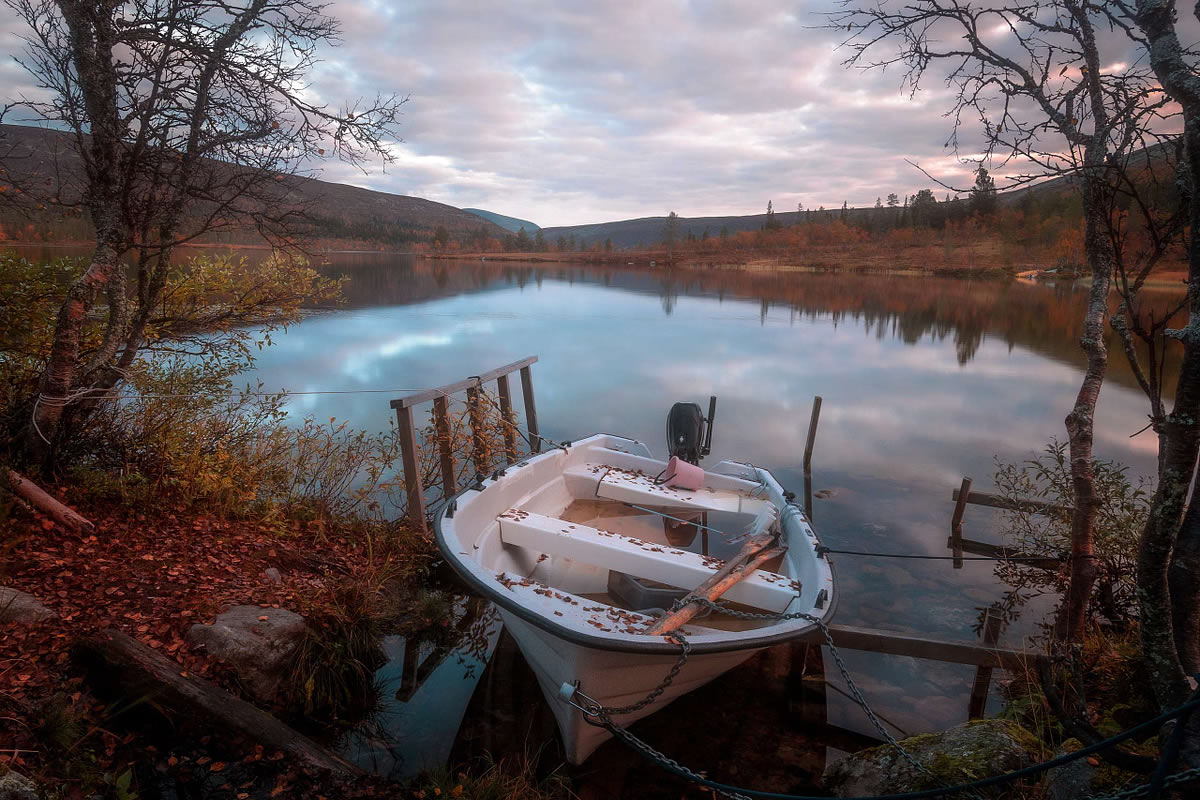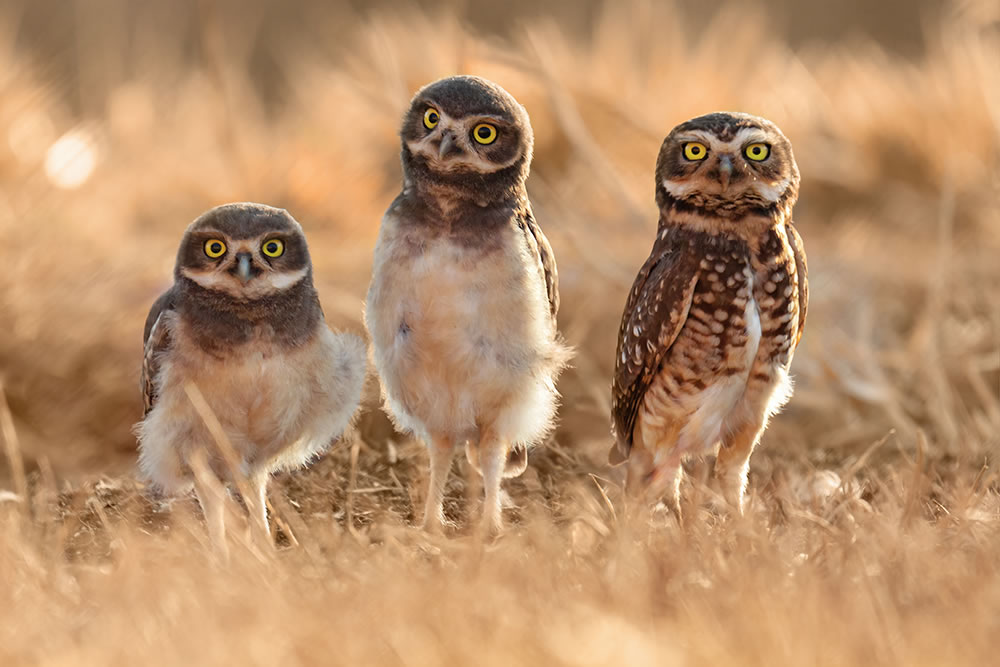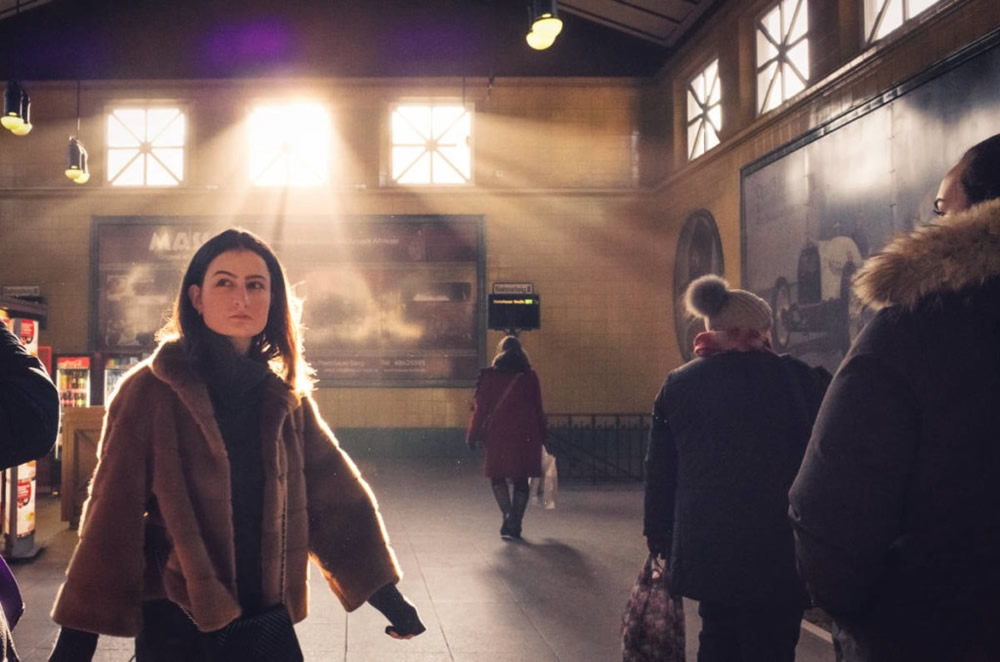Roza Vulf was born in 1960 in Vilnius, Lithuania where she spent most of her adult life. She has lived for several years in Leipzig, Germany until she relocated to Rome, Italy, where she has been a resident for the past 7 years.
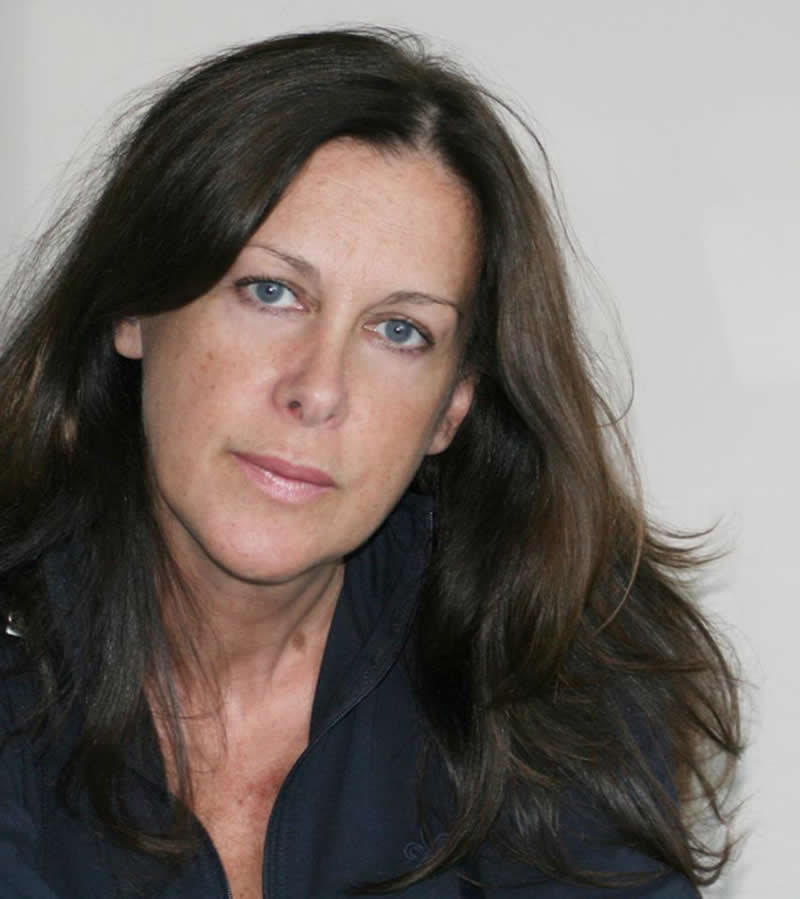
Her tight connection with photography dates back to her teenage years when she was taking pictures of family and undertaking internships in local Lithuanian newspapers in Vilnius during the Soviet era. Back then she was shooting on film using Russian cameras like ‘Smena’ and ‘Zenit’ and developing pictures in her domestic “dark-room”. But life takes its own turn and Roza’s photographic activity has been dormant for decades until she moved to Rome and finally got the opportunity to dedicate most of her time to digital photography.
Being a self-taught street photographer she often captures moments by simply translating her perception of an immediate environment, like underground, street or beach, isolating her characters in colour and style of a particular moment. A free harmonious symbiosis which is only possible by someone who feels native operating in a documentary genre.
“I feel relaxed among strangers in the crowd. My guard is down. My mind is open. I observe. And my gut feeling takes me places. I am fully susceptible to the surroundings as “the street” itself allows me just for a fraction of a second to connect with someone else’s story.”
Traditionally Vulf’s work is arbitrary, unless she is working on built up series and has a specific location in mind. Her protagonist is always the street itself, where the only thing you may find anticipated are the fine details of the surrounding environment she is in, like a geometry of light, a reflection, a facial expression tackled by wind, a pose framed by colour, in other words – a sentiment.
There is a reason there are no titles in Vulf’s work. According to her philosophy, words often distort the meaning of “candid”, turning it into “posed” and pauperising the freedom with which she shoots street in the first place. Vulf never communicates with people in her pictures. And yet the impromptu moments that she captures unveil the vernacular of her subjects with this spontaneous tender finesse as if she knows everything about them.
“In the end it is an endless discovery which can be just as doubtful and disappointing, as it can be euphoric”
You can find Roza Vulf on the Web:
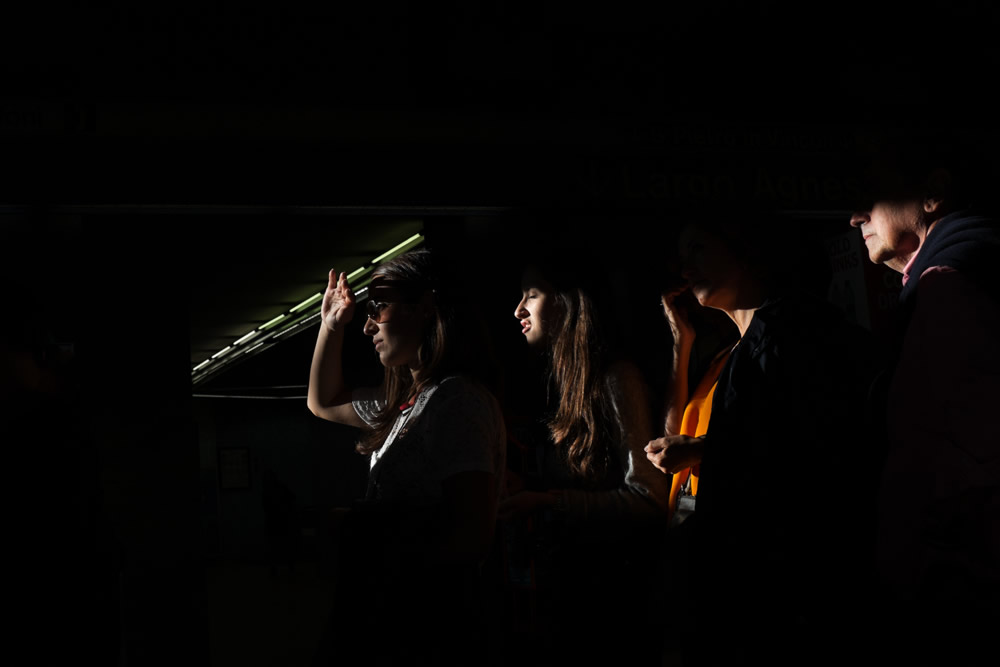
What is your first childhood memory?
My childhood is kind of a huge kaleidoscope of colourful memories. There is simply no chance to extract just a single one. They are all connected and make it one of the happiest parts of my life.
Are you still learning who you are?
At my age the character has long solidified. But certainly, as life goes on, and brings upon some unexpected experiences, there is always a space for new reactions and feelings. I am curious and open to that, with a mix of confidence and surprising life itself and visa versa.
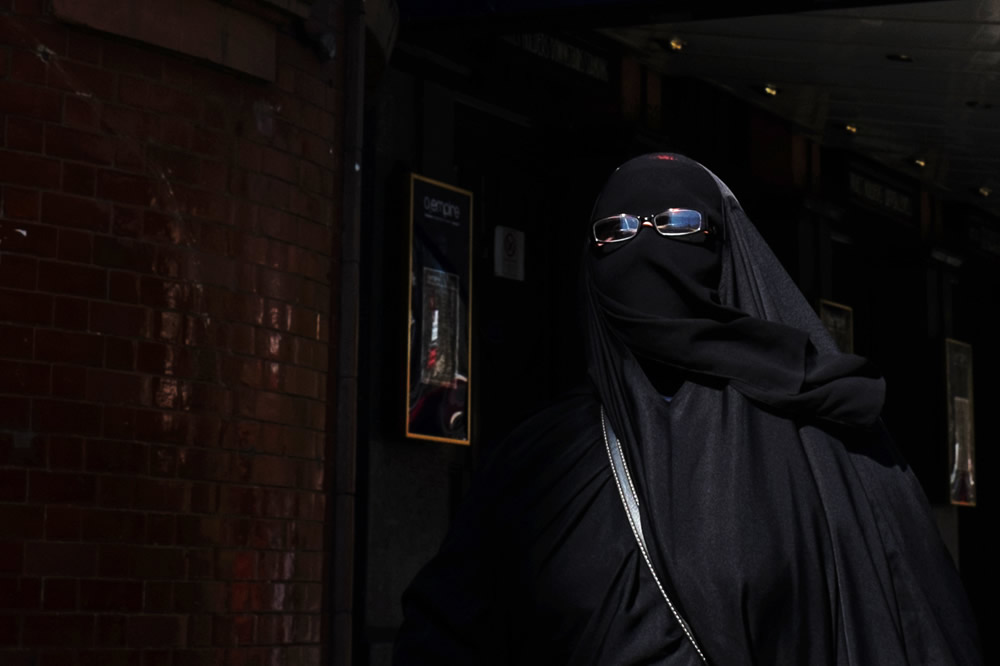
Who are you when no one is looking at you?
There is no alter ego. I am always true same person. A motto, really. There are no miraculous surprises here, even when no one is looking at me.
What got you involved in photography in the first place?
Unexpectedly, it turned out to be a medium that allowed me to translate my vision in a way I see my immediate environment, like street, like people, like places I visit, and moments I finally capture.
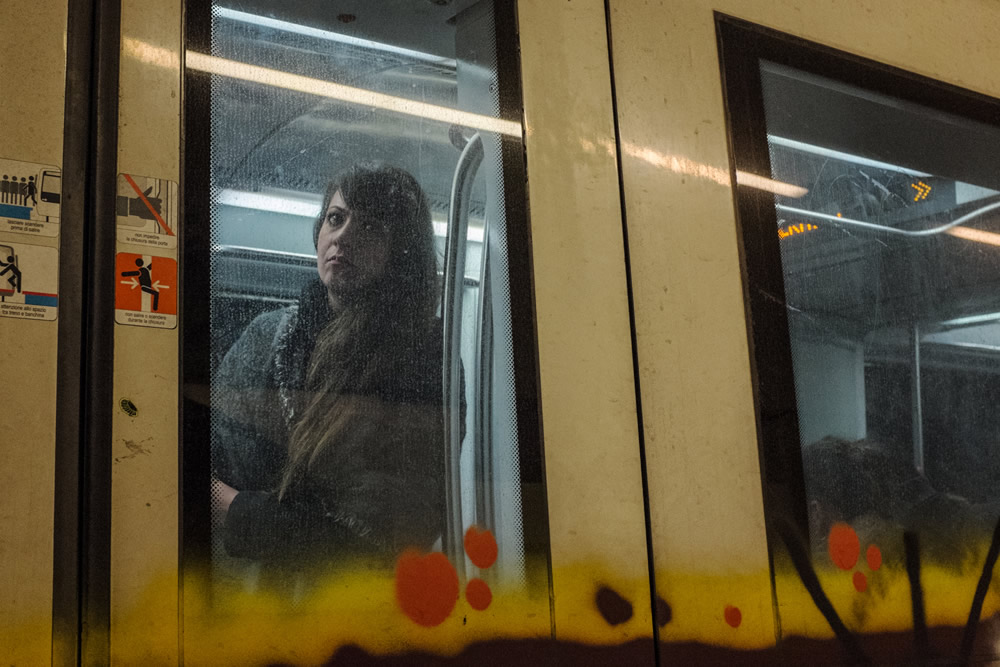
Ansel Adams once said: You bring to the act of photography all the pictures you have seen, the books you have read, the music you have heard, the people you have loved. Could you tell us about your favorite photographs, books, music and people who are closest to you?
I have too many favourites to make a concise list. But to name a few, any photo of Garry Winogrand or Trent Parke, for instance. Some branches of modern art, especially Impressionism, Expressionism and Pop Art – Modigliani, Kokoschka, Rodin, Matisse, Sisley, Gauguin, Warhol, Schiele. The music choice spreads from ambient to classical and ventures out to bossanova. In terms of books, I have always read a lot and come from a family of “big readers”. Some of my favourites are Bryusov , Chechov, Feuchtwanger, Nietzsche, Fitzgerald, Miller, Vonnegut, Rand, some of Sagan, and many many more. My children have always had a strong impact on me. They are both very creative in their own ways, and most importantly – independent, which gives me a lot of liberty to be my own person and their friend, rather than just a parent figure.

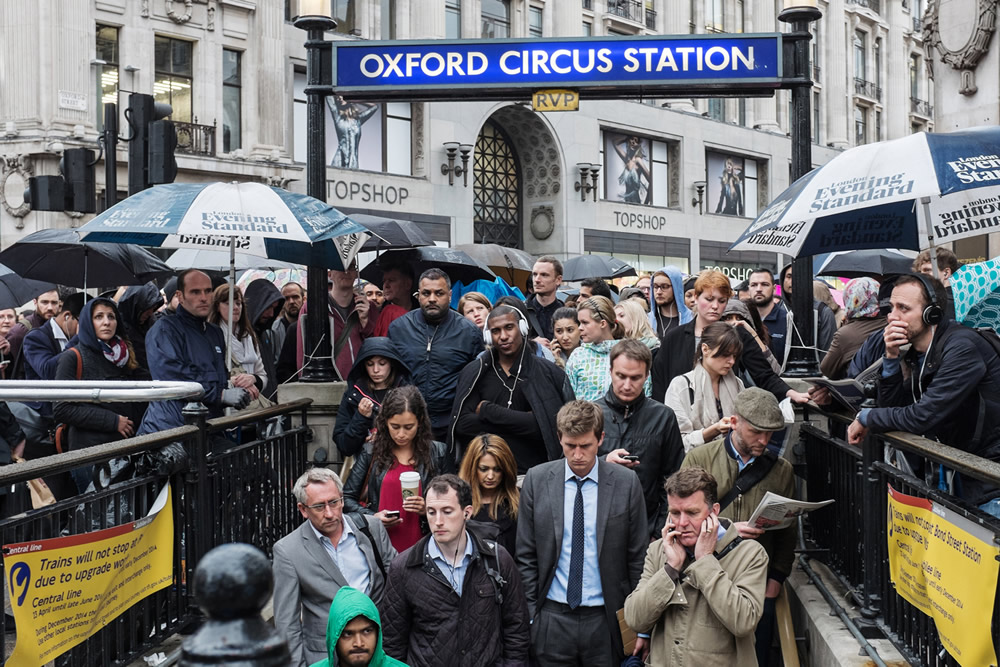
There’s a thin line between invading people’s privacy and taking their photographs. Why do ethics matter?
Ultimately, in our world of photography, ethics could prevent chaos. Although chaos could be an enticing subject for any photographer, being the one who throws it upon a stranger is simply a bad case of anarchy.
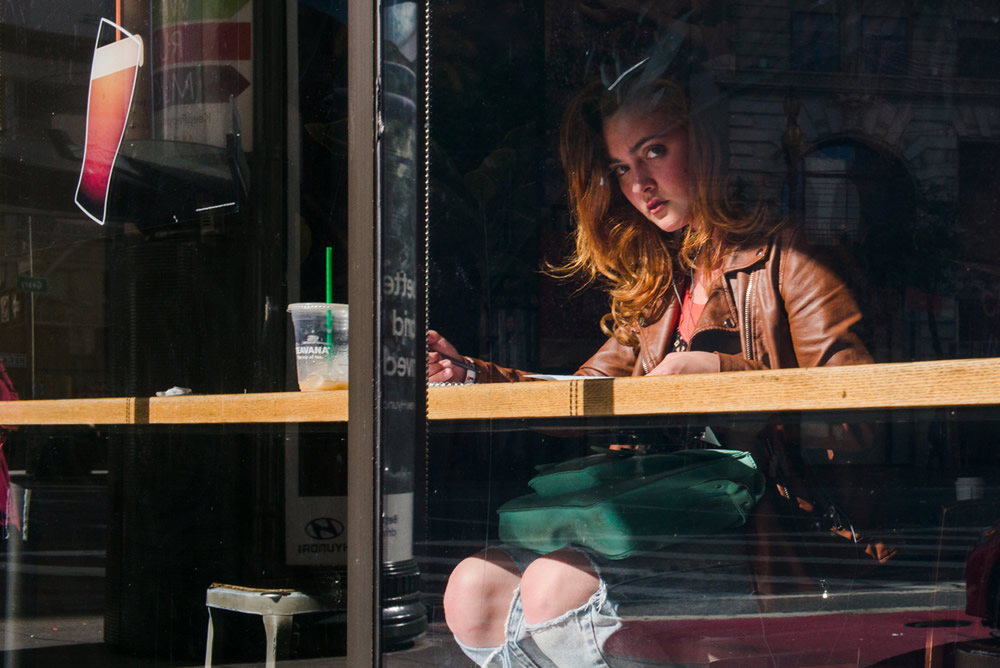
Bruce Gilden claims that photography is a voyeuristic medium. Does it resonate with you?
Martin Parr stated the same. And yes, in some way, certainly, photography could be perceived a “ voyeuristic” medium. But since voyeurism as a term has a strong sexual connotation, there is an opinion that all voyeurs sooner or later start feeling the guilt. So I guess, if one day I start feeling guilty of taking pictures of strangers, I would simply have to stop.
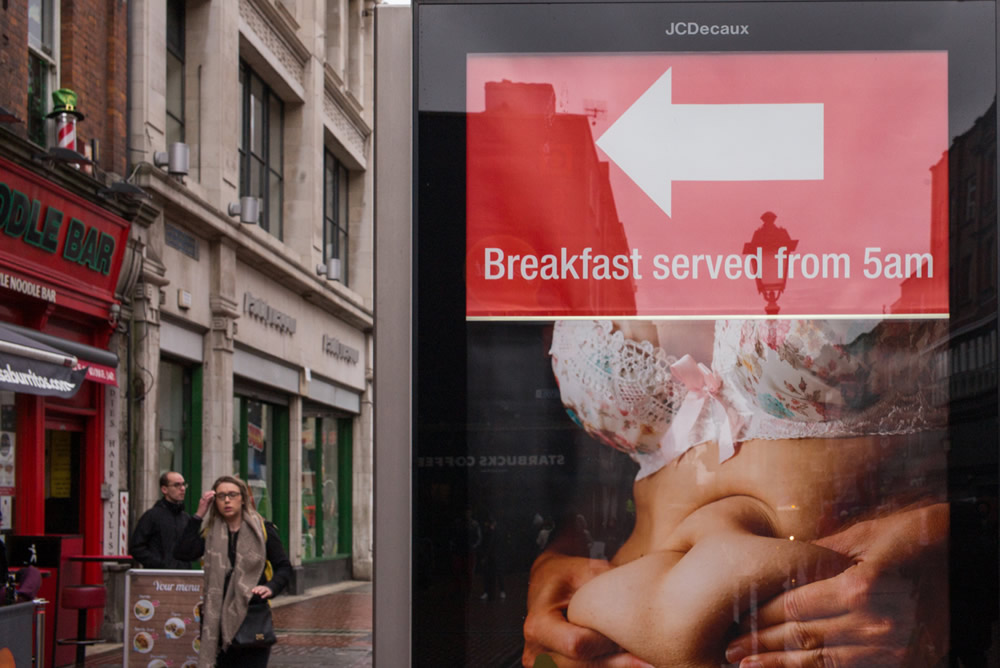
Have you ever acted rude in front of people you have tried to photograph?
No. Never had a reason. Moreover, I always prefer to avoid provoking these types of situations.
Have you ever been following your subject that the person could eventually think you’re a stalker or a pervert?
Sure, I have followed before and not once, but purely for artistic reasons. Sometimes we are taken by our subjects and there is an urge to complete the work we are doing. But it would never be done in a way which would confuse the person or make them feel uncomfortable.
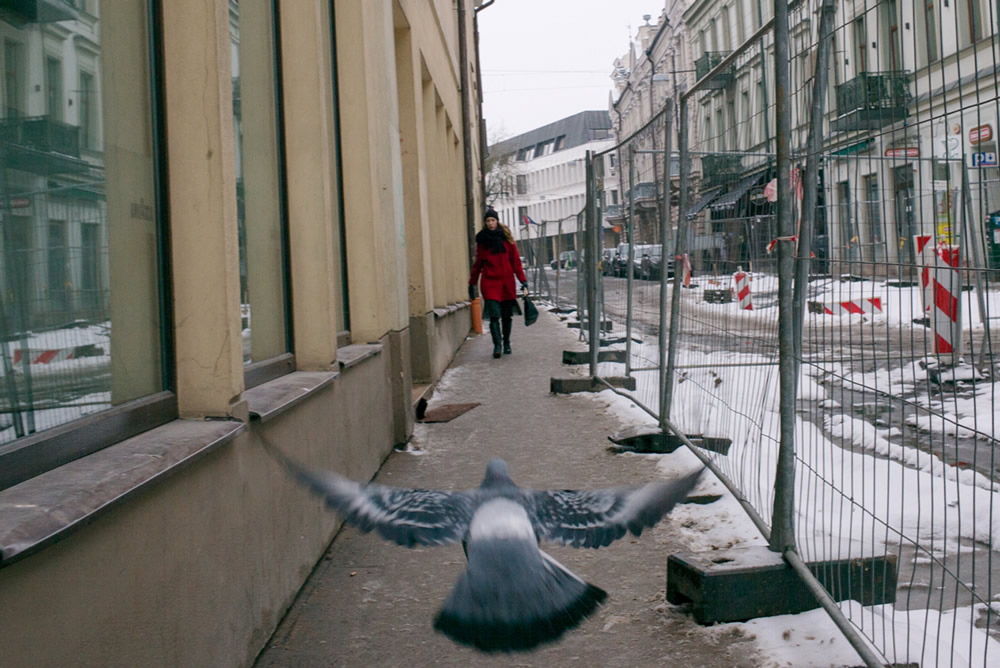
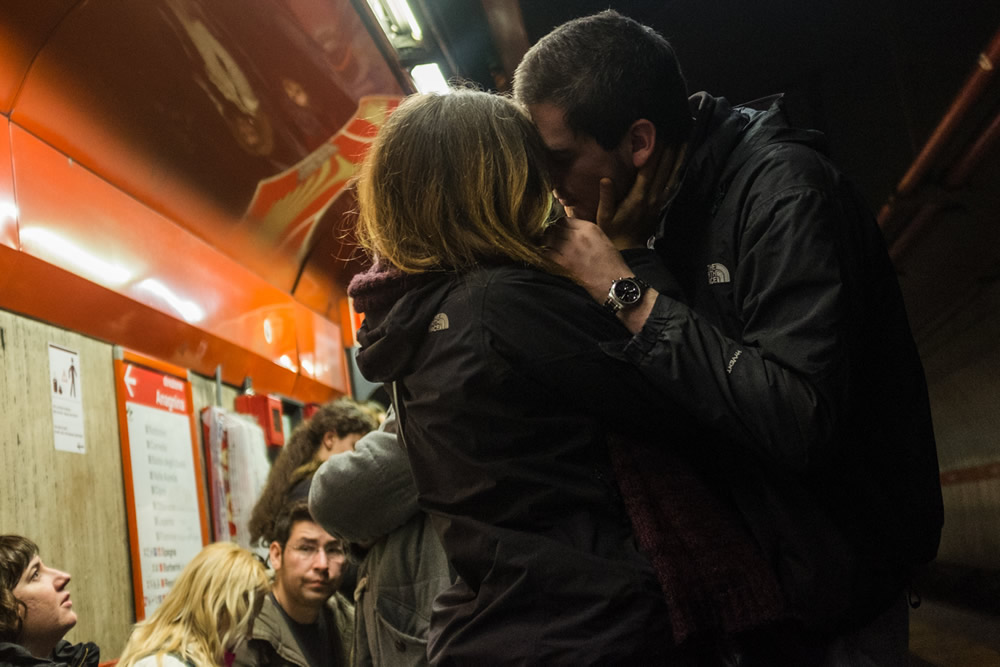
Gloria Steinem once said that the truth will set you free, but first it will piss you off. Are you getting nervous when someone goes deeper and scrutinizes your work?
Who loves being criticized? However when it is done by someone whose opinion counts – it matters. Constructive criticism, which is so hard to receive, is a huge help. I can not live in a shell, I need to listen to the opinion of a few people I respect to open my own vision.
What if you take images for a couple of years and don’t get a positive audience reaction? Would you be still taking them?
Yes, I am pretty persistent and quite unstoppable in regards to some ideas in my work. General public’s opinion must not be taken as “a barometer” or a decider of whether or not you should do what you do. But then again, it would probably leave me wondering ‘why’.
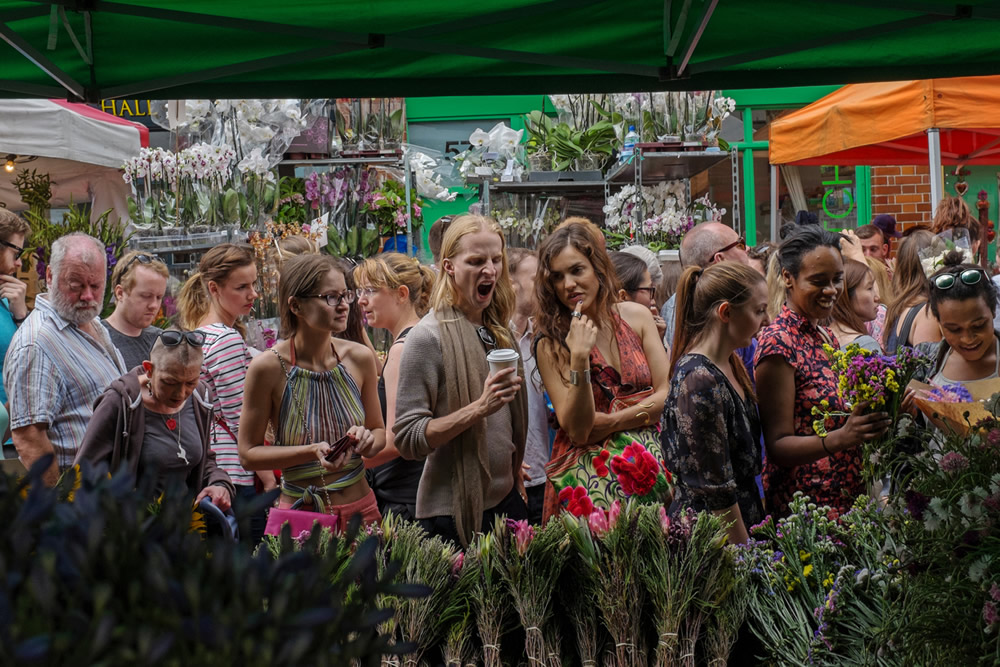
Do you often get jealous of someone’s achievements?
Wouldn’t say so. I do not run a jealous gene inside me. To witness an achievement from fellow photographers whose work I like could only make me feel more curious and proud.
If you could wake up tomorrow in the body of another artist, who would you choose and why?
Perhaps Toulouse-Lautrec. I imagine he was an exceptional artist, captured in an unusual body, living a somewhat difficult life and producing a body of work which pioneered a post-impressionism era. Yes, I wouldn’t mind that.
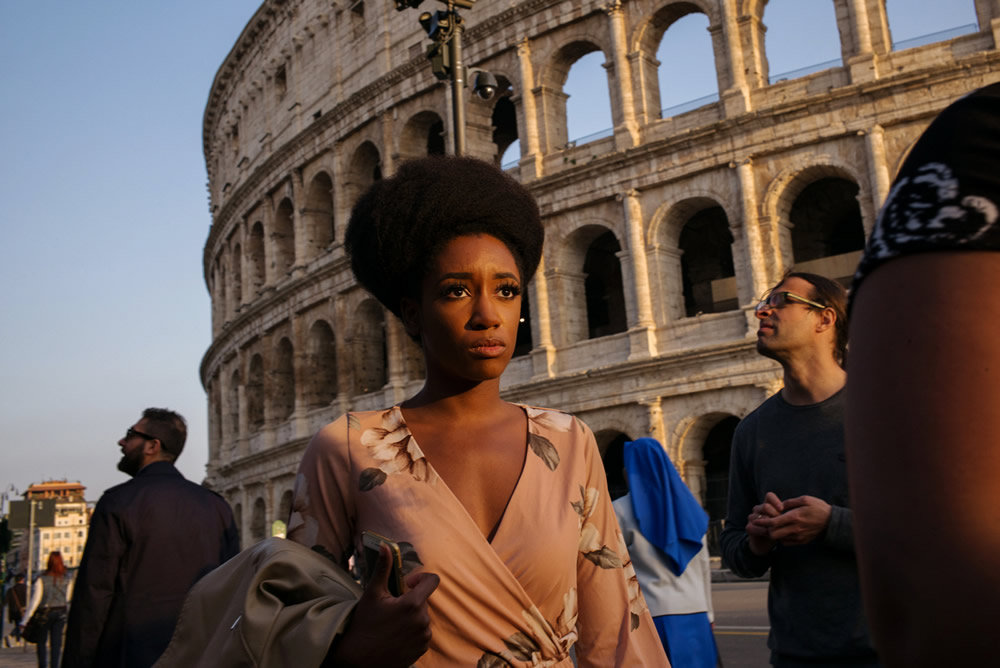
What artist made the most impact on you and why?
I will use your question for my answer here. “Ansel Adams once said: You bring to the act of photography all the pictures you have seen, the books you have read, the music you have heard, the people you have loved.” There is no one artist to take this credit.
If you could have personally witnessed a perfect street scene at the right decisive moment, what would you want to have seen?
I still prefer it to be a surprise.
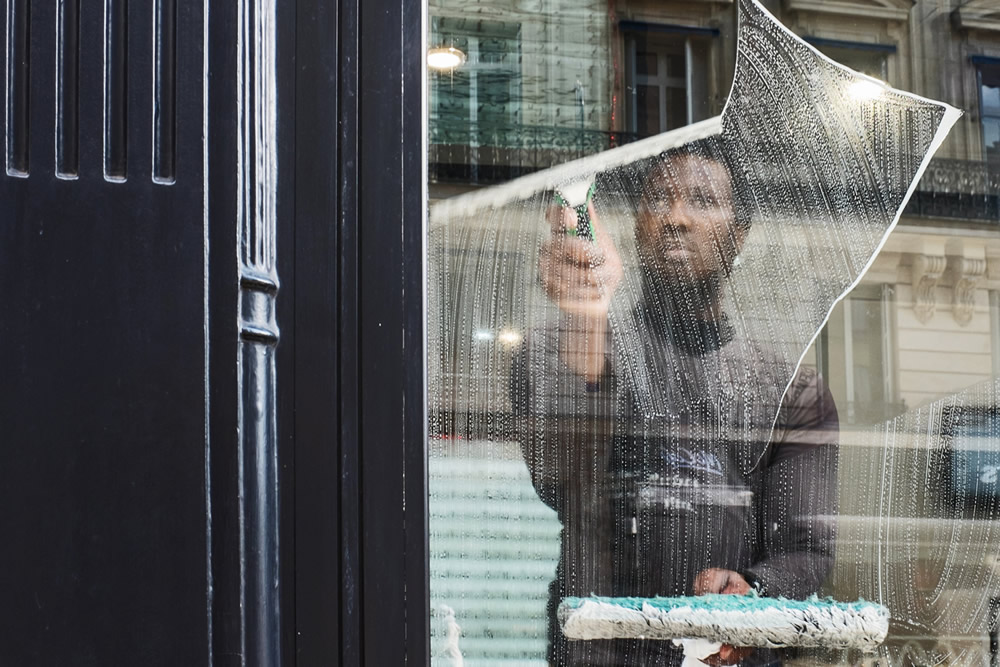
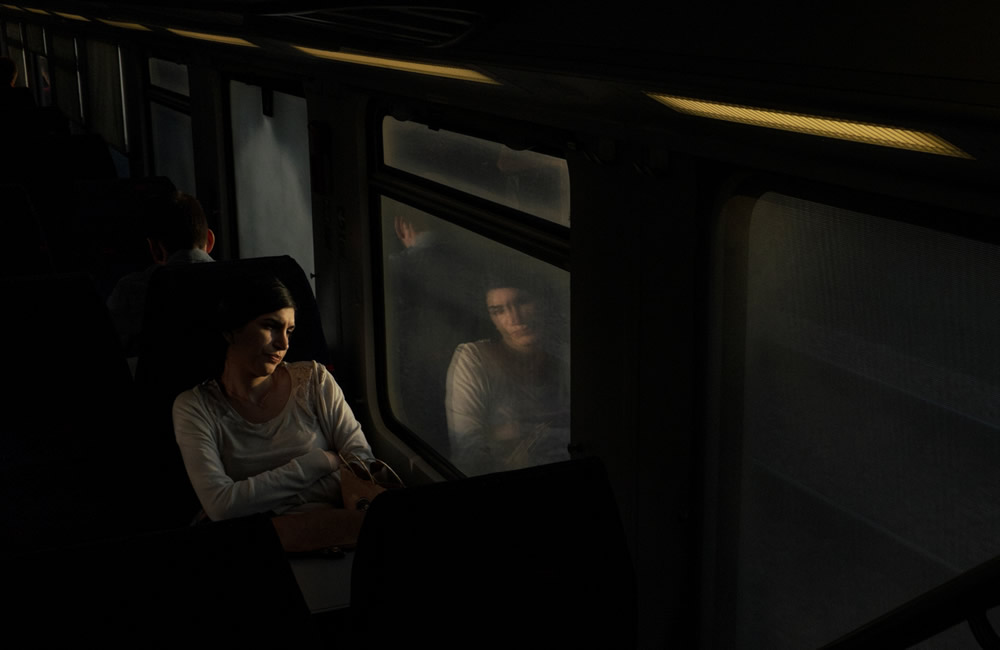
If you could witness and photograph any historical moment of the past, present – or future – what would it be?
It wouldn’t be a moment it would have to be an era. I would love to experience 50s-60s in New York, shooting on film in my favourite city.
What’s on your photography bucket list this year?
Shooting… And then, who knows, perhaps a deeper thought about solo exhibition or even a book. But that takes time, for me at least. I need a lot of conviction and there is a lot of work to be done to solidify my archive in a book or an exhibit.
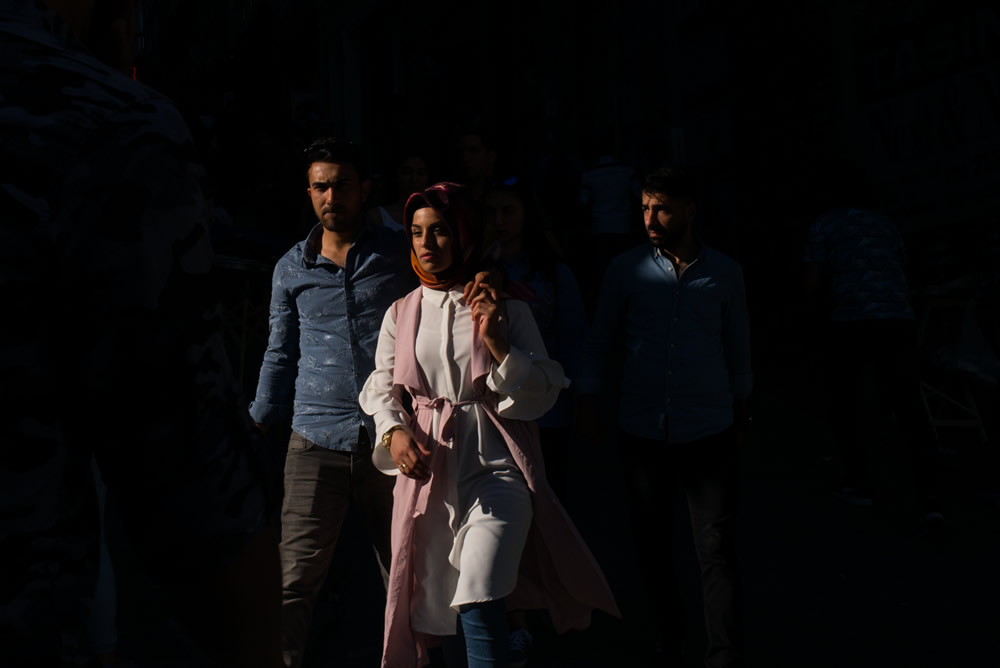
What do you like to do outside of photography?
Most of my extracurricular activities entail cultural events like concerts, museums, galleries, mixed with meeting friends. Yet they somehow always end up being connected to photography. My camera is always with me, unless I am cooking and reading.
Blind and live forever or be able to see and die in a couple of years?
An impossible scenario that I refuse to imagine. Live forever and document it all.
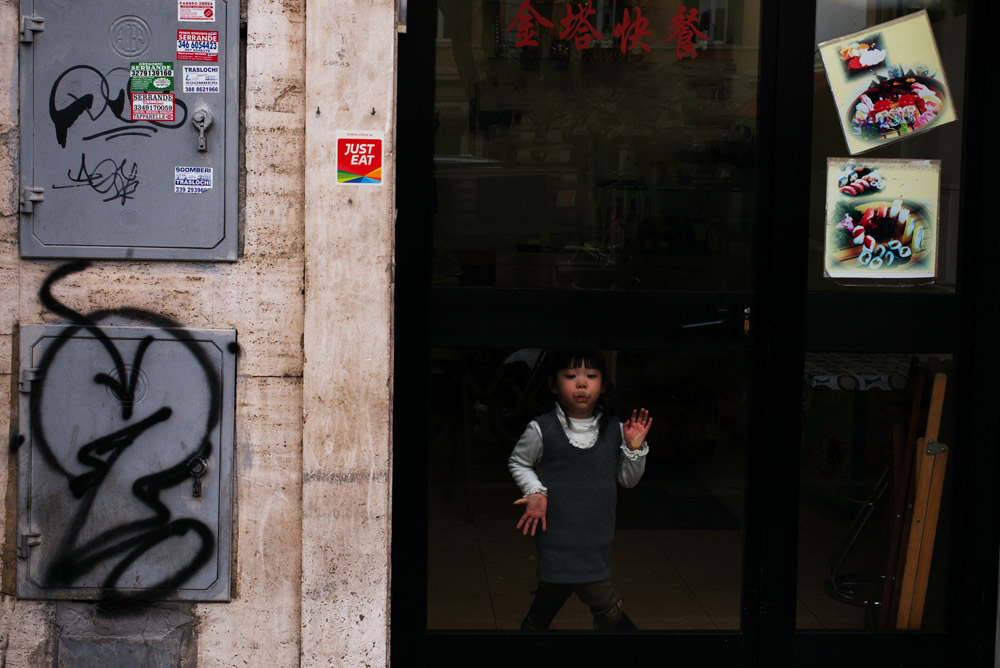
What do you want your tombstone to say?
Never thought about it. Not sure if I care.
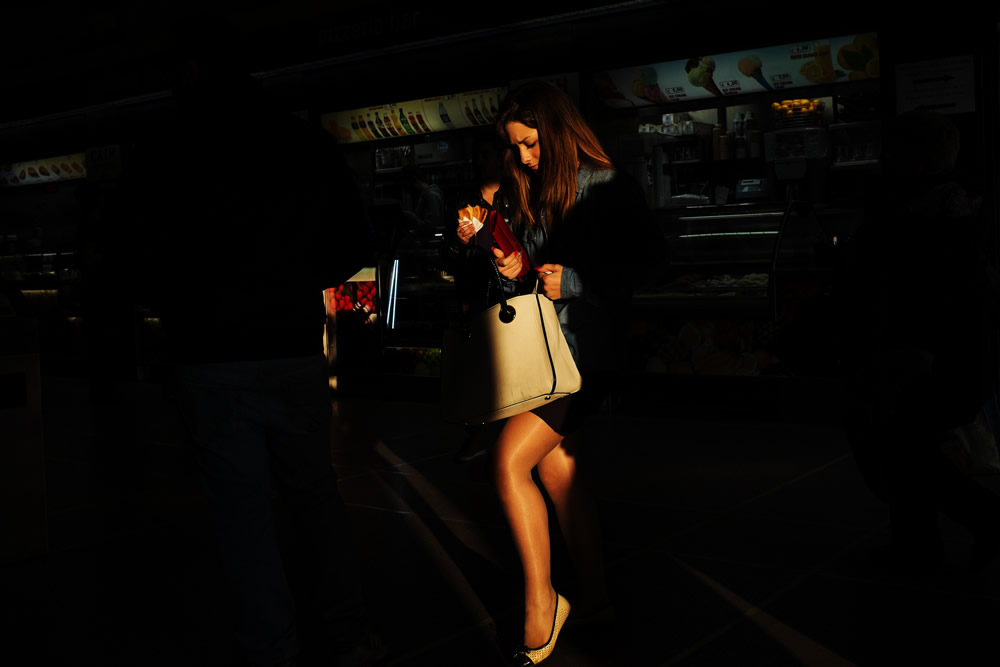
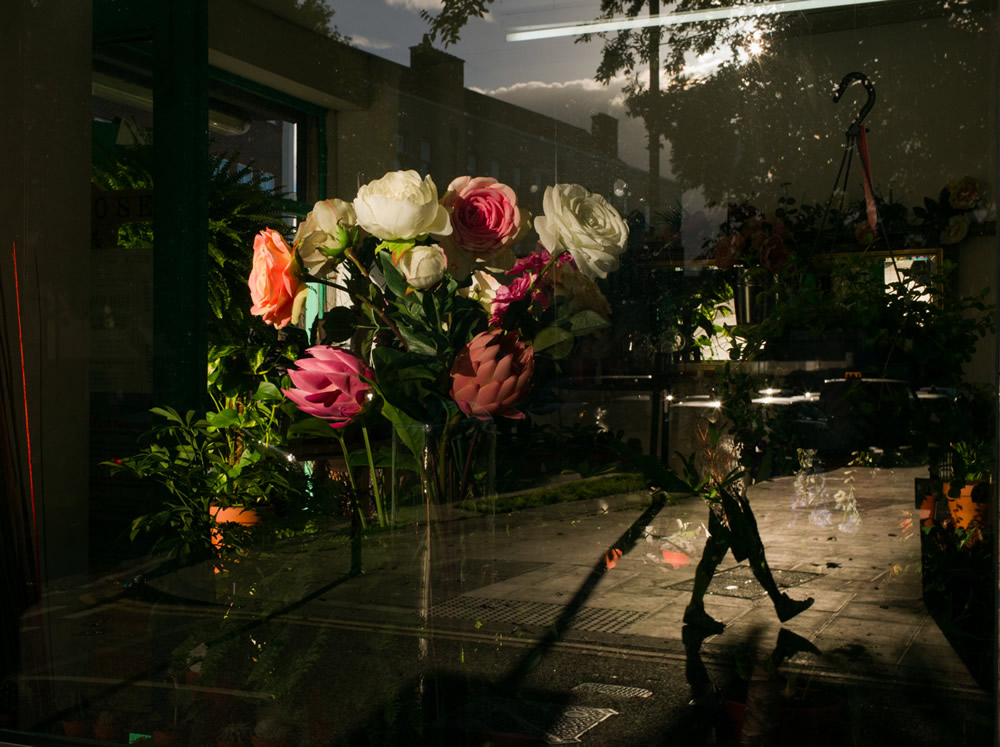
About Arek Rataj
“You Can Shoot. Can You Talk?” is a series of interviews created by Arek Rataj. He is a Qatar-based journalist, contemporary photographer and educator.
Arek was born in a small industrial district in communist Poland under the Soviet Union dictatorship. In midst of this human misery, political hypocrisy, environmental dirt and ugliness, he became particularly sensitive for all signs of beauty and transcendence.
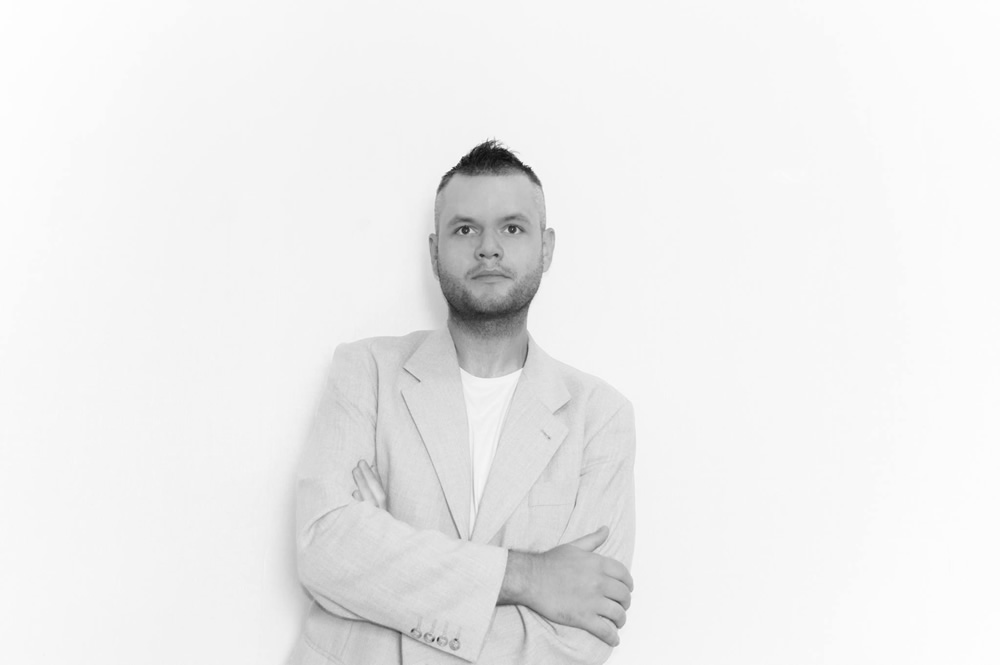
You can find Arek Rataj on the Web:
Copyrights:
All the pictures in this post are copyrighted Roza Vulf. Their reproduction, even in part, is forbidden without the explicit approval of the rightful owners.

